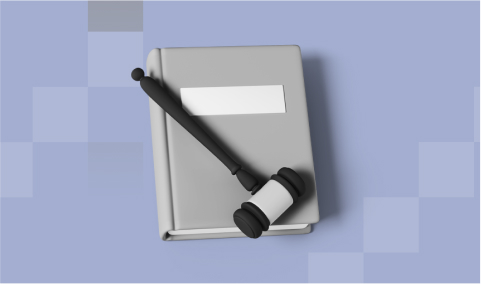
What Is Construction ERP: Everything You Need to Know
Managing all this manually takes not only hours of your precious time but also increases the chances of errors. Enter construction ERP to the rescue!
ERP software for construction businesses helps companies manage their projects throughout their lifecycle. It consists of modules that unify your operations under a single platform, including project cost estimation, accounting, procurement, material management, risk management, and other related tasks.
Let’s understand construction ERP software in more detail.
What is Construction ERP?
The main benefit of construction ERP software is that it helps ensure your projects are running as planned and prevents disruptions. Additionally, it removes communication gaps between sites and offices by providing real-data information to everyone involved in the project.
Why Do Companies Need Construction ERP?
Regulatory compliance is another major concern, as construction companies must adhere to a complex array of laws and standards. Moreover, the industry is under pressure to adopt sustainable practices and green building technologies. These challenges demand a comprehensive solution like ERP software, which integrates and streamlines various business processes to improve overall efficiency and compliance.
Benefits of a Construction ERP
Additionally, construction ERP software enhances decision-making by offering real-time analysis of financial and operational data, allowing executives to make informed choices. It also improves financial management by integrating accounting functions, ensuring accurate budgeting, and tracking costs. By automating routine tasks, ERP systems reduce manual errors and administrative overhead, freeing up resources for more strategic activities.
Key Features of a Construction ERP
A good construction ERP software includes features that help you streamline your construction projects, ensure profitability, and comply with local laws and regulations.
For example, if your construction company is located in Dubai, you’d need to generate corporate income tax reports per the UAE FTA’s reporting standards. A good construction ERP should allow you to do that without much effort.
Furthermore, the best ERP software for a construction company should allow you to handle multiple projects simultaneously. This will help managers oversee the construction of different sites while ensuring they’re running on schedule and are profitable.
The FirstBit ERP solution has an approval and collaboration module that allows you to communicate internally and get approvals for sales and procurement. It even has automatic VAT report generation functionality to ensure you comply with UAE’s tax laws.
Main Modules of Construction ERP Software
Best Construction ERP Software in 2024





How to Choose a Construction ERP Software?





By carefully following these steps, you can select an ERP solution that enhances efficiency and supports the successful execution of your construction projects.
Best Implementation Practices for a Construction ERP
During deployment, validate data, set a "Go Live" date, and ensure thorough employee training. Post-deployment, focus on maintenance tasks like installing updates and taking regular backups while continually optimizing processes based on user feedback to ensure long-term success.
Successful implementation of a construction ERP hinges on these best practices, ensuring the ERP system enhances efficiency and project management in the long term.
Case Study: How FirstBit ERP Software Has Helped Construction Businesses Grow
The improved efficiency allowed the company to focus more on business development and present a more professional image to clients through automated reports and invoices. The cloud-based nature of the software ensured data security and accessibility, facilitating better project management and decision-making from anywhere.
Similarly, Multi Fix Technical Services implemented FirstBit ERP to manage all aspects of their business in one place, including financials, HR, procurement, and project management. This approach bridged the gap between operations and finance, providing real-time project reports and improving overall efficiency. The reasonable cost of implementation and annual subscription made it a cost-effective solution compared to competitors.
These examples illustrate how FirstBit ERP can enhance coordination, reduce costs, and improve business processes, ultimately contributing to the growth and success of construction companies.
of your processes and scale your business with FirstBit ERP now!











